Home Remedies For Inflammatory Skin Conditions
Inflammatory skin conditions are quite uncomfortable. It does not matter if it is a mild allergy or a serious condition such as eczema or psoriasis. You may have to deal with everything from burning and pain to blisters and itching. Fortunately, there are several natural ingredients found at home you can use to relieve the symptoms. Here is a list of common home remedies for inflammatory skin conditions.
Olive Oil
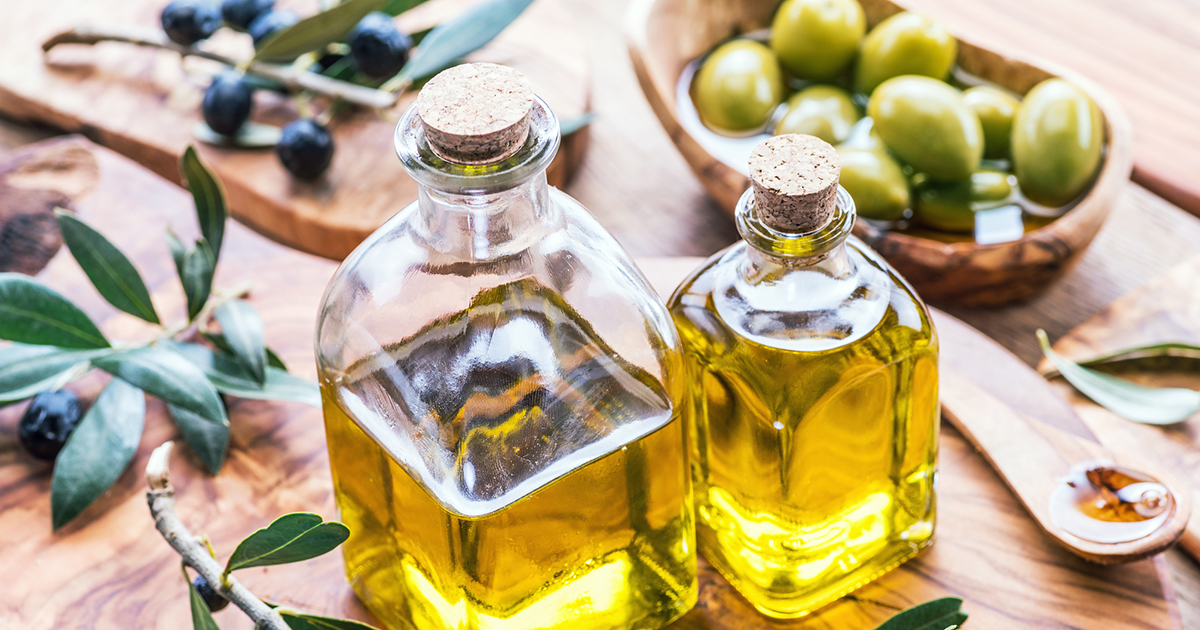
Olive oil has been used for centuries to cook and as fuel. Today, it is added to soaps, cosmetic products, and medicine. Olive oil contains oxidants and vitamin E, which help to soothe the skin, reduce itching, and promote the quick healing of blisters and wounds. You can apply the oil on its own or mix it with honey. Rub a few drops onto the rash a few times a day until the skin heals completely. You can also add a pinch of turmeric powder if the affected part is itchy. Tumeric powder has anti-inflammatory properties and is good at relieving the itching.
Aloe Vera
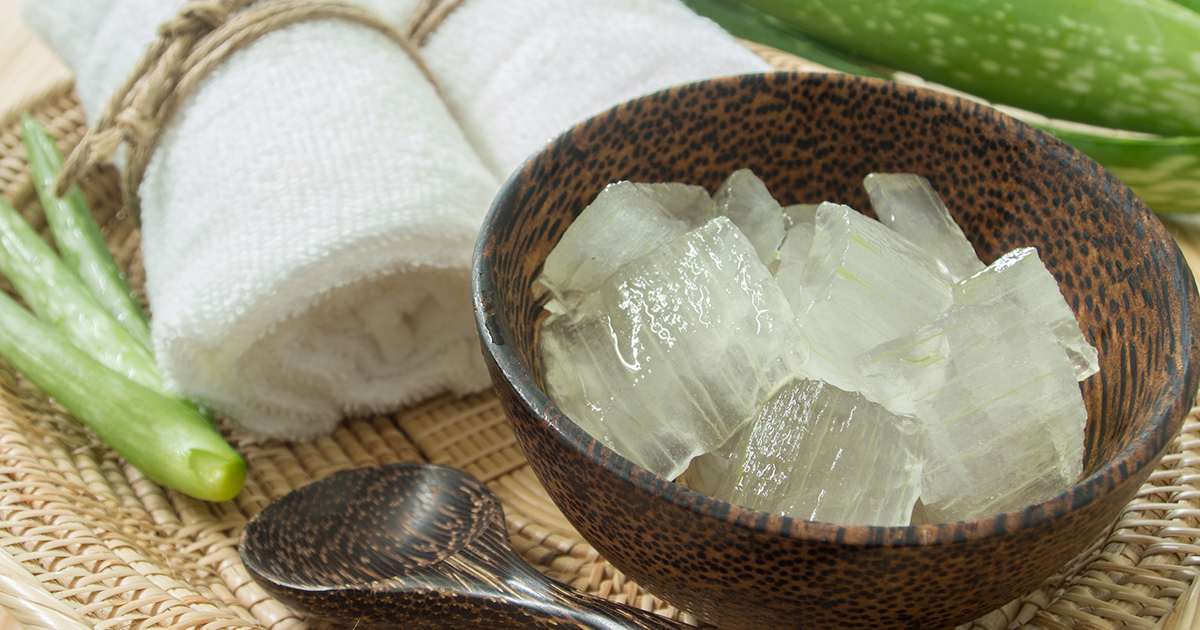
Aloe vera has been used to treat skin disorders for more than three thousand years. The juicy leaf of this plant contains jelly, which has soothing and healing properties, just below the cuticle. When extracting the jelly, harvest the juicy leaves, cut them lengthwise, and scrape off the jelly with a spoon. Alternatively, you can buy the extract from the stores. You can use aloe vera to treat a variety of skin conditions, including to cool blistered skin, treat sunburns, preventing scarring around a wound, and moisturize cracked skin. You can also use the jelly to soothe irritation on the skin caused by an insect bite, psoriasis, or eczema. The jelly also helps minimize scars from acne and chicken pox.
Neem Plant
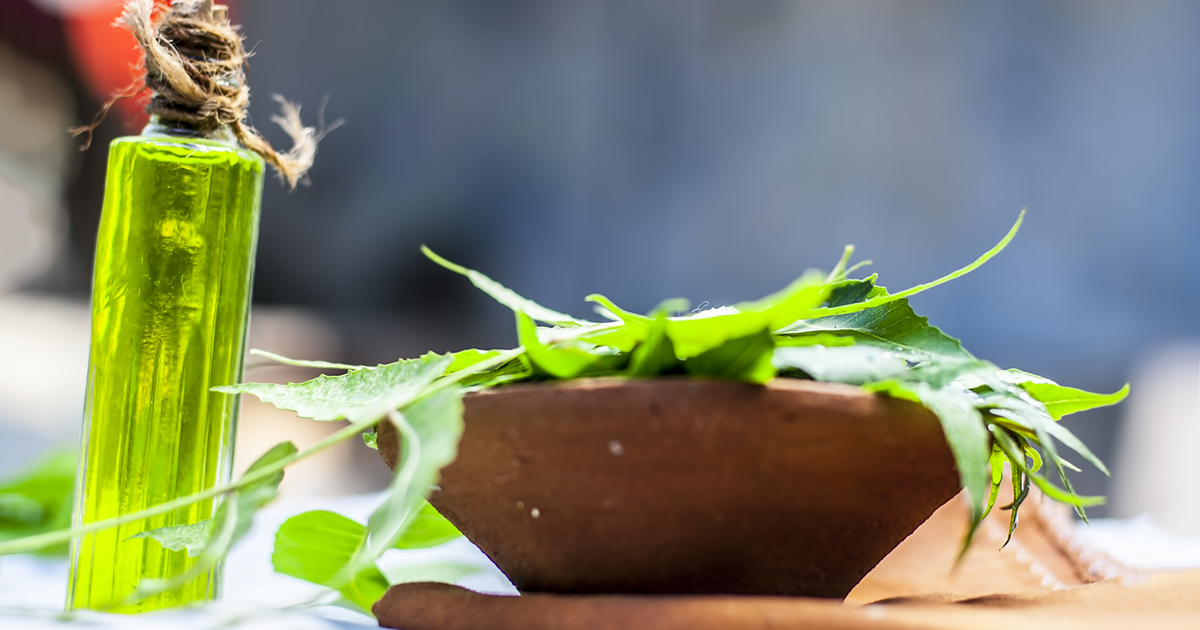
The neem plant is a medicinal plant used to treat several body disorders including those of the skin. Soap and beauty products manufacturers add it as an antibacterial ingredient in their products. Its extract is commonly used for treating scabies caused by mite infection. It soothes the skin from itching and decreases the redness at the bite spots. You can also use the extract to soothe the itchy sores from herpes simplex virus infection or reduce the symptoms of eczema, which include redness, cracked skin, dryness, and excessive itching. Apply the extract directly on the affected areas for immediate results.
Coriander

Coriander, also referred to as cilantro, is an aromatic herb commonly used as a spice. The leaves and stem contain a mix of minerals, vitamins, acids, and essential oils that are beneficial to the skin. It is effective in treating blackheads and acne when applied along with lime juice. The leaves also have antiseptic and anti-fungal properties and absorb oil from oily skin, which helps reduce blackheads and control pimple flare-ups. To deal with blackheads, apply the leaves directly on the skin or squeeze the leaves to get some juice. Alternatively, make a paste by smashing the leaves using a mortar and pestle and adding milk. Apply the paste directly on the affected part and let it stay on the skin for about fifteen minutes.
Calendula Oil
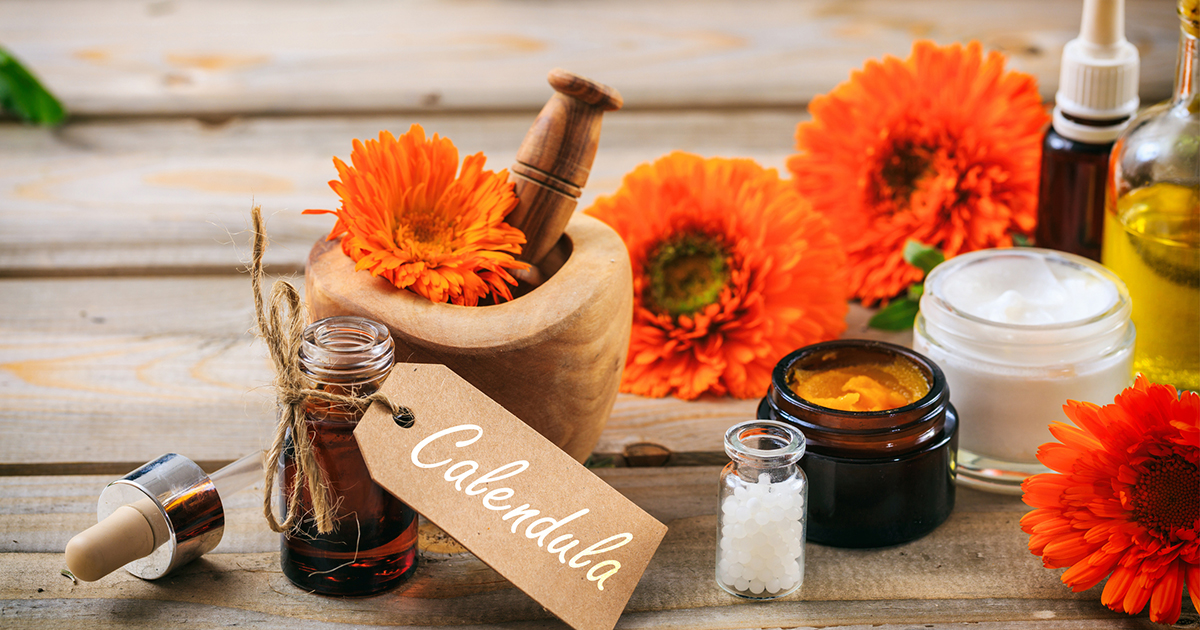
Calendula comes from marigold flowers. It has antibacterial, anti-inflammatory, and antifungal properties, which makes it useful for soothing eczema breakouts, relieving diaper rashes in infants, and healing wounds. You can apply the oil directly to a wound to speed up healing. Alternatively, mix it with a carrier oil, such as coconut, and apply it to the wound. Calendula oil also makes a good sunscreen. You can apply it before moving out in the sun or to soothe the skin after exposure to sunshine for a long period. In addition, it helps to reduce skin problems such as redness, bruising, and redness that may develop from being hit, scalding, or receiving an insect bite.
Apple Cider Vinegar
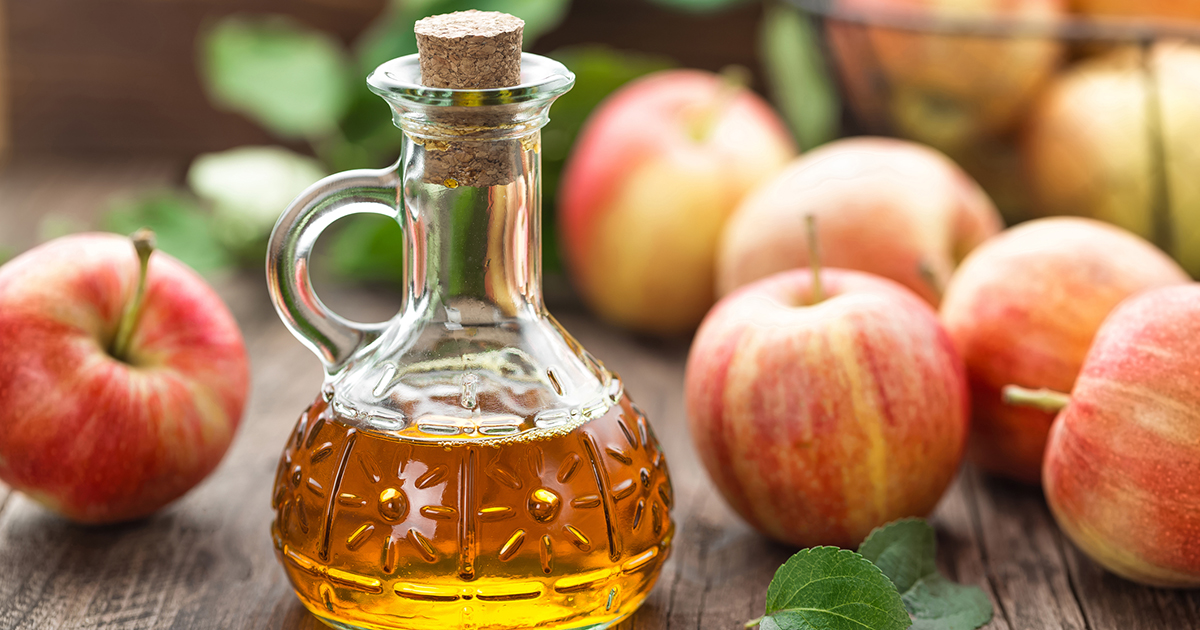
Organic apple cider vinegar is a common ingredient in the kitchen. It contains acetic acid, which has medical applications. This active ingredient has anti-bacterial properties that help fight bacterial infection on the skin. Since it is slightly acidic, it helps lower the skin PH, which is healthy as highly alkaline skin is one of the main triggers of eczema flares among other infections. To summarize, apple cider vinegar treats eczema, rashes, insect bites, and soothes blisters. To use it on your skin, dilute the apple cider vinegar with an equal amount of water, dip a cotton ball into the solution, and apply the solution on the affected area a few times each day until the skin heals.
Chamomile
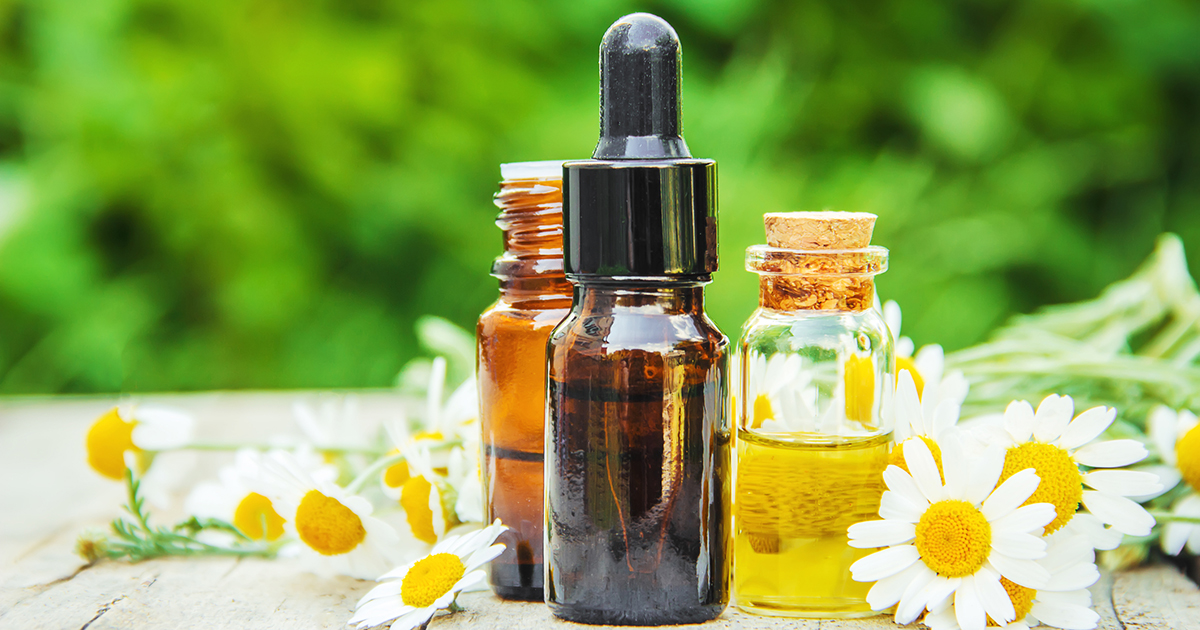
Chamomile flower extract is good at treating rashes. It soothes the skin, reduces inflammation and redness, and relieves itching. It is also an anti-irritant that helps soothe discomfort caused by irritant substances and stings. In addition, its antifungal and antibacterial properties help fight bacterial and fungal infections on the skin. To relieve inflammation, dilute a few drops of the chamomile tea extract in water, dip a cloth into the solution, and use it to compress the affected area. Repeat the procedure several times a day. You can also dilute a few drops of the oil in a teaspoon of carrier oil such as jojoba or coconut oil and then apply it directly to the affected area.
Discontinue using any ingredient that causes an adverse reaction on your skin. Test potential irritants on a small area before applying it to various affected areas. Sometimes the skin condition is caused by an underlying health condition, so seek medical attention if the symptoms do not go away after a few days or the condition worsens. While most of the ingredients may not react with any ointment you get from the physician, seek medical advice before using them with a prescription.
